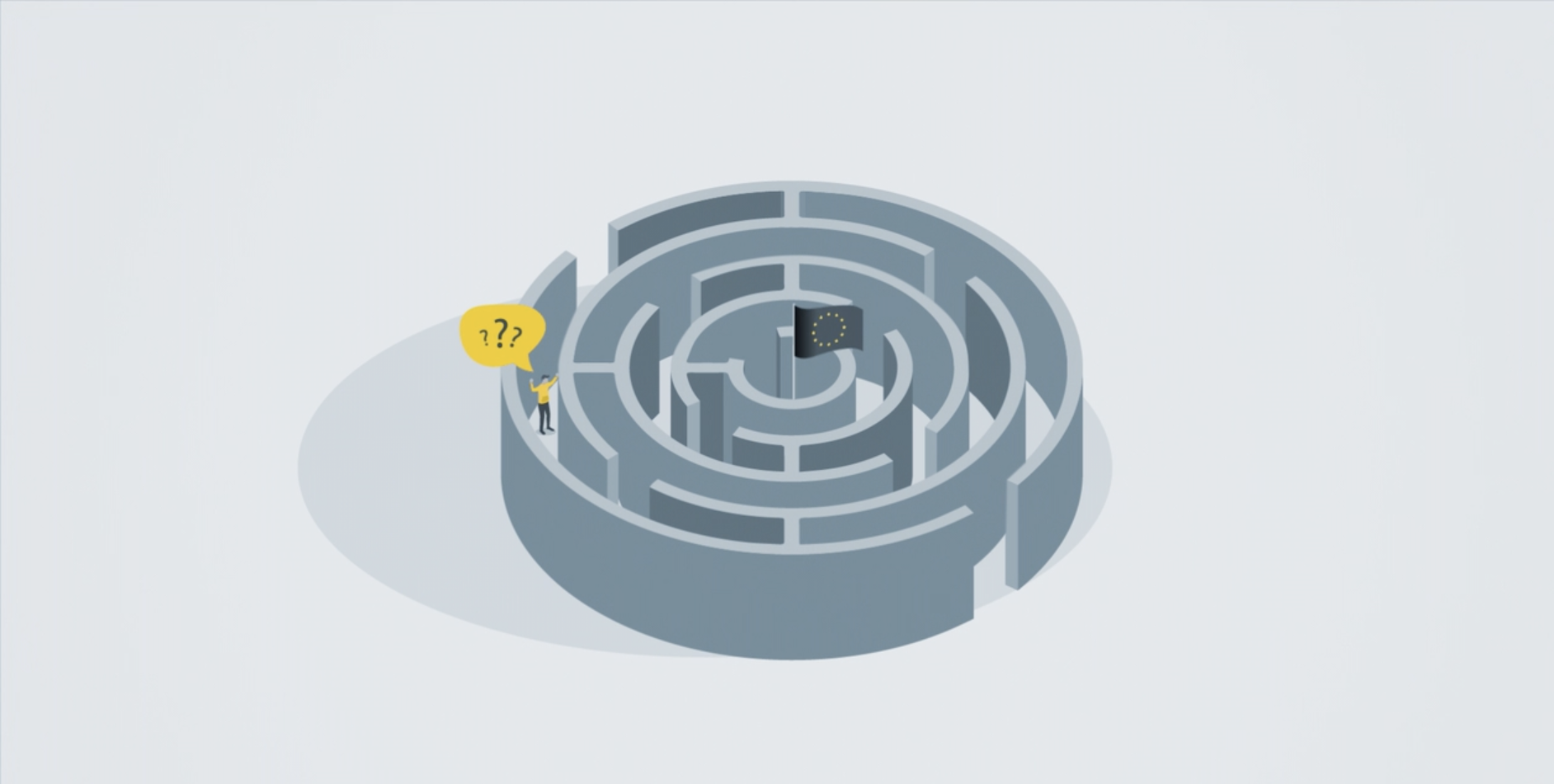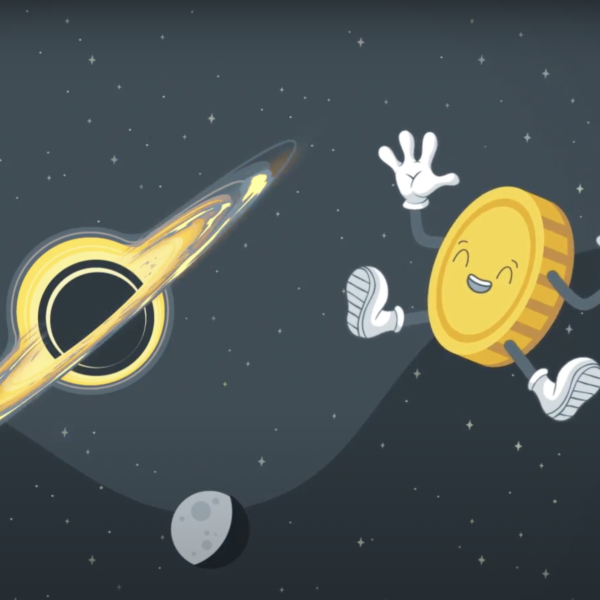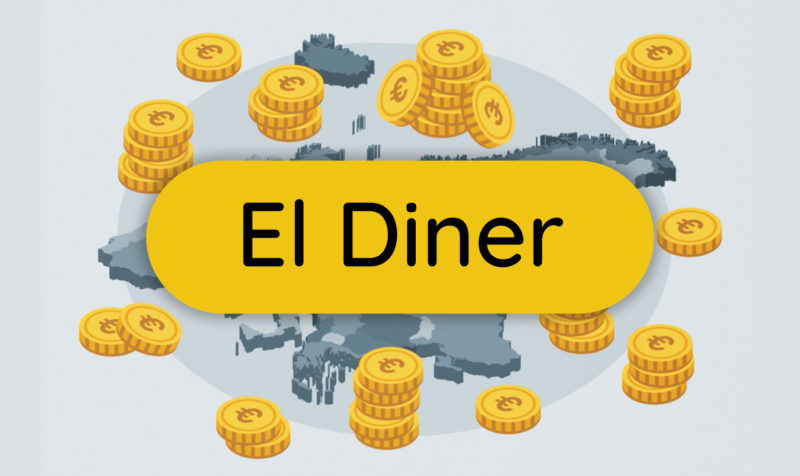

Do we really live in a democracy?
Representative democracy is the most widespread system in free market capitalist countries. How does it fit in with the classical concept of democracy? How should direct democracy work?
Political parties hold congresses that most of the non-militant public looks at with surprise. The lines and objectives of that political party are decided at these congresses. From then on, those same politicians will try to achieve the objectives they have set themselves, always adapting to the situation of the moment and trying, above all, to safeguard the party.
This happens with all parties, whatever their colour, and partisan bunkerisation often ends up diluting the initial representative mandate of these politicians. For, the original idea of democracy today was this: a representative democracy in which voters choose politicians who have to represent their (the voters’) ideals. On paper, it makes sense, but the reality is more complex. In reality, representatives are part of a cog in a wheel full of lobbying and party interests, which makes the representative ideal increasingly distant.
Historically, there have been other forms of democracy. Direct democracy, which was applied in Ancient Greece and for four centuries in the Republic of Rome, is the best known, and allowed citizens to propose or revoke laws. Today, the most similar to this model are the cases of Switzerland, Liechtenstein or some US states such as California.
Is it possible, therefore, to manage public affairs in a different way? Can it be improved or, as Churchill said, do we have to settle for the least bad of all possible systems? In chapter 9 of El Diner, we review the classic concept of democracy and the main forms of government, as well as the historical evolution of the democratic model. We invite you to revisit it.






Molt bon article i vídeo resum… ho compartiré… la qüestió al tinter: canviem això. Treballem per fer-ho.
Serà complicat i difícil canviar aquest model de democràcia que tenim… A nivell particular enviaria als partits a pastar fang i potser seria millor fixar-nos en la persona, i si la persona no fa allò que diu que farà, doncs al carrer i a posar-n’hi una altra. Moltes gràcies pel teu comentari, Cristian!!!
El ciutadà ha de voler empoderar-se.
Estaria bé, és una molt bona opció, Pere, i moltes gràcies pel teu comentari!!!
A aquestes alçades, i en aquest país, la paraula fa riure.
Gràcies pel teu comentari Montse!
La democràcia representativa comporta un allunyament del votant respecte de l’obra de govern. Per contrarestar aquesta situació cal que les persones exercim i quan no poguem també exigir els nostres drets. Aquesta força és la que crec que trobaré en les meves finances al Canut
No ens foten ni cas i tampoc podem exigir res de res a tota aquesta patranya de polítics que hi ha, i és que el sistema està molt ben estudiat per a que puguin fer el que vulguin i sense haver de donar cap tipus d’explicació al respecte. Moltes gràcies pel teu comentari, Francesc!!!
Democracia……..🤣🤣🤣🤣
Gràcies pel teu comentari Josep, ens veiem per La Plaça
Vull més, més… això es molt interessant !!!!
Estigues Atent Faust, que venen cosetes, sempre, a La Plaça!
Aquesta es la realitat que tenim ,i entenc que amb 11Onze podrem començar a fer coses per tal que el poder no estigui unicament amb mans d’uns pocs
Ben entès Alicia!
👌
Gràcies, Joan!!!
Molt bó el video!!!!
Gràcies Sergi, Seguim
Un dels millors vídeos fins ara. Endavant!!
A mi també m’ha agradat molt!
Democràcia representativa? A Espanya? Ho dubto molt, a l’igual que dieu vosaltres al vídeo. Qui va votar per tenir un rei? Molt ben explicat, i el millor, la pregunta final…què podem fer?
Bona reflexió Daniel!
Val la pena mirar o tornar a mirar el vídeo El Diner – Capítol 9: La democràcia representativa
Moltes gràcies per la teva recomanació Mercè. Ens veiem per La Plaça!